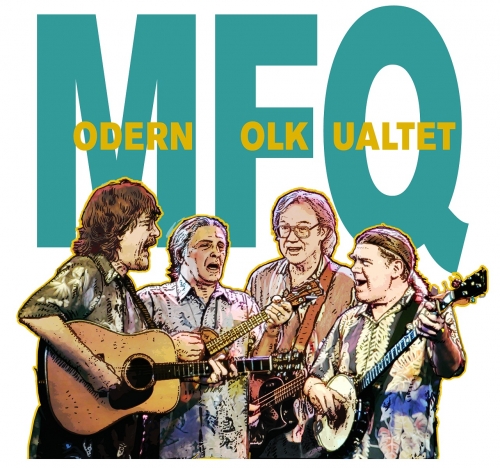2016.11.22 TUE.
MFQ
Modern Folk Quartet
Opening band:
Rainy Blue/Braker Street Band
Farewell Tour
Advance sale ¥7,500
¥8,500 on the day
※All free and reference numbered
Umeda Club Quattro
I think it was probably in 1964 that I first heard the ModernFolkQuartet MFQ record. We are in Japan. The folk quartet began to be active in the middle of 1963, claiming the jazz group MJQ as MFQ around the same time as them. Among them, that was certainly the first in Japan called Osawa, St. I think it was a magazine called Hootenanny that I saw at the home of the person who started the folk goop called Paul Folk Singers. I've seen the pictures of them, who were extremely dressed in an Ivy style, and found that there were groups of the same names in the United States as we were.
Immediately after ordering their LP in Yamaha in Shibuya, I flew to listen to the album that arrived a few months later. Until then, the folk group had a simple harmony of almost three or five degrees, but their MFQ harmony was a complex cross-harmony like For Freshman. We thought this was bad for us modern Japanese. The folk quartet became quite well known around 1964, and I couldn't change my name now, so I continued to work as it was. On the other hand, American MFQ also released a second album change in 1964, and was swallowed by the folklock boom and recorded a single with a filler as a producer in order to turn from a conventional acoustic fork rock with electric power, but eventually stopped banding. We are in Japan. The folk quartet was also dissolved in the fall of 1965, and the member Soichiro Maki changed his name to Mike Maki and became solo, gaining explosive popularity with "roses blooming".
That's why the relationship between me and MFQ has been continuing since I listened to the debut album in 1964, but I think this is the last time I can listen to their live performances.
Maybe it's the last tour of MFQ, one of the most loved folk groups in Japan. Come and listen to their last performance.
<Toms Cabin Hiroshi Asada>






